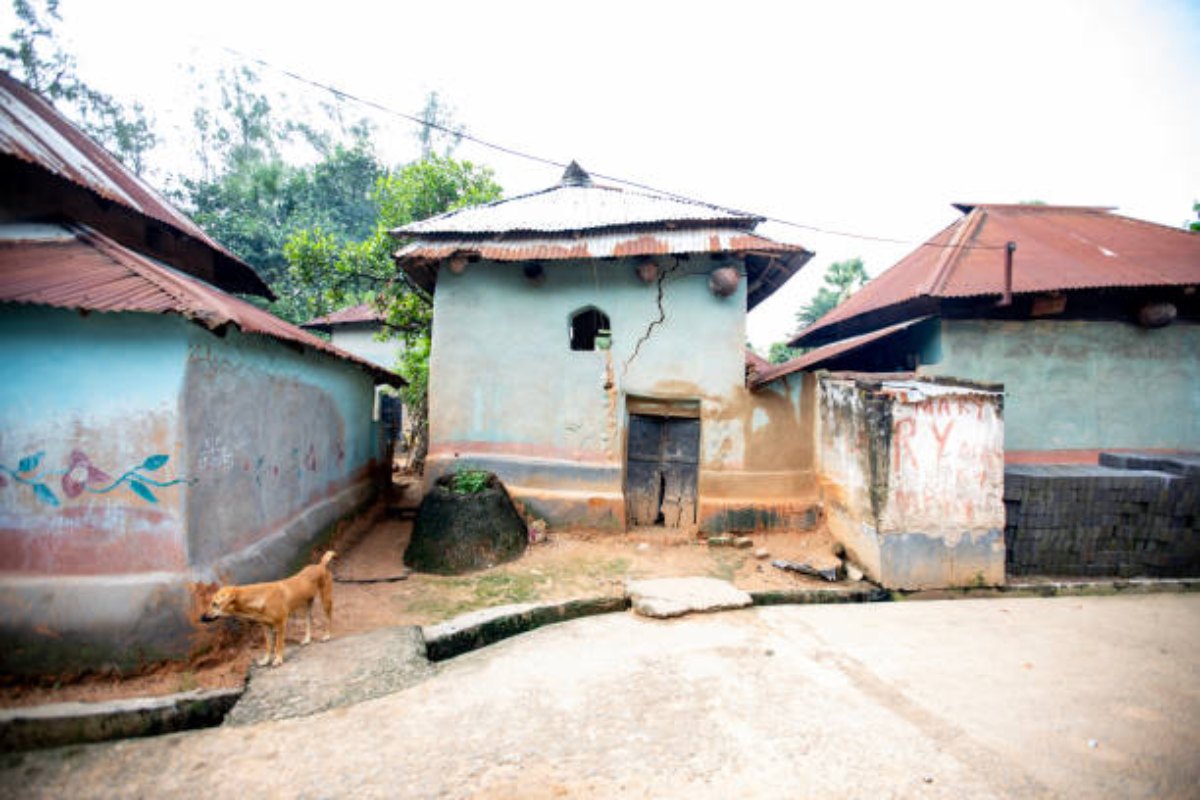The sun is up after spells of intermittent rain in a village in Birbhum District’s Bolpur, exactly a week after the Panchayat polls took place in West Bengal. Almost symbolically, the routine life of the villagers too is back to normal after a week of what one resident calls “uncertainty”. Dabu Lal, the construction worker, in his late twenties, says he didn’t get a chance to vote because by the time he reached his booth, he was told that his vote had already been cast. “There is usually an atmosphere of intimidation during elections.”
Birbhum District is considered one of the “sensitive” areas of West Bengal during elections. In June, a month before the rural polls, the state chief election commissioner Rajiva Sinha had called a meeting of district magistrates. Birbhum was named among the top five most “sensitive” districts or areas which are prone to violence during elections.
The Statesman visited the villages in Birbhum and found that the residents were more resigned than angry. “It’s a luck thing,” laughs a woman of Adityapur village. “Will my vote be cast or will I get to do it myself?” She says.
What is the violence all about though? Is it between the different political parties? Is it between factions within a particular political party? Do the leaders of the political parties remote control the ground or do workers take decisions locally?
A villager, a woman who works as a domestic helper, narrates the following. “One man, a villager from our village, whose father was contesting the elections had a brawl with another man whose brother was contesting the elections belonging to a different political party,” she said, not wishing to divulge the names or the political parties fearing being targeted by them. “One of them punched him and then they started hitting each other and their supporters joined in.” This example of how violence erupts on the ground is just one of many. Another spoke about how booths are “jammed” by goons who tell voters to go back home as they get into the booths and proceed to stamp the papers. A woman talked about how her brother, a poll officer, was ordered to go and sit in a corner of the room as goons took control.
The villagers say that they want peace. “We don’t want violence. We appeal to the leader to look into the problem of violence,” says the construction worker, Lal.












